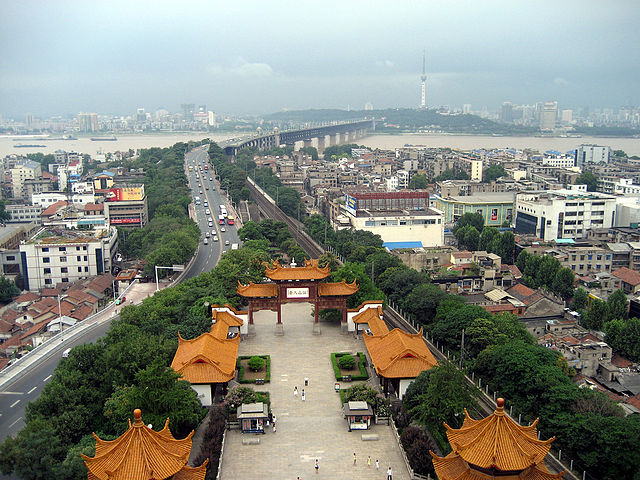Views expressed in opinion columns are the author’s own.
It’s no secret the United States’ response to the coronavirus is a mess. The lack of a national strategy has resulted in more than 850,000 cases across the country, and our president seems determined to contradict directives from trusted institutions while offering ill-informed advice. At this point, it wouldn’t surprise me if millions of people get infected before this first wave is over.
On the other side of the world, China seems to be successful in stifling COVID-19. As of April 23, there are over 88,000 cases in mainland China — a far cry from the reported number of infections in the U.S. While skeptics claim China’s numbers are exaggerated, it looks like China has done a good job at controlling this outbreak, especially when compared to other large powers. I recant my initial statements about China’s response — it definitely deserves the praise it’s receiving.
But this doesn’t mean the U.S. should just accept defeat. In fact, we need to do the opposite — COVID-19 has given China a unique opportunity to assert its political dominance on the international stage. The country’s success at handling the coronavirus can and will be leveraged as evidence of the supposed superiority of its authoritarian government, which could translate to increased influence once the dust settles. If the U.S. fails to reclaim its role as a global leader, there could be terrifying implications for the future of human rights and censorship.
China is arguably the world’s largest propaganda machine. Aside from its stringent domestic censorship, it now puts a massive amount of money into disseminating its propaganda to an international audience. Ironically, exploiting press freedom that exists outside of their borders allows China to impose its influence on other nations with minimal repercussions.
In response to the West’s struggling with COVID-19, China has already started ruthlessly attacking their incompetence. Sensationalized descriptions such as “purgatory” and “apocalypse” were used to label the chaotic situation in Europe. To draw a contrast, China has painted itself as a savior during the pandemic by publicly reminding everyone of its benevolence, highlighting stories about the country’s donations of medical medical equipment or help to less fortunate nations.
The reason behind their success? According to Chinese President Xi Jinping, “daring to fight and daring to win is the Chinese Communist Party’s distinct political character and our distinct political advantage.”
See the not-so-subtle political agenda here? Now that China has spearheaded a political propaganda campaign based on COVID-19, there’s very little the U.S. can do to oppose it in our current state. In fact, not only has the U.S. shown a lack of global leadership, but it’s also contributed to international tensions by vying for critical medical resources. If the current situation continues, the prevailing image following the pandemic will be China’s generosity and the U.S.’s selfishness.
China’s growing influence can already be seen worldwide. In the West, there have been a few isolated incidents signifying China’s increasing popularity. And China’s measures to suspend debt payments and provide medical aid will likely garner support from poor and developing countries. Even if its political propaganda is met with cynicism, it’s hard to deny that many countries will be indebted to China after the crisis.
The implications of a dominant China can already be seen in Hong Kong. Using COVID-19 as a distraction, China has been covertly reinstating measures to stymie the pro-democracy movement. In the last month, China has increased efforts to suppress free speech and arrested prominent members of the democratic party. If China “wins” the pandemic, it could use its COVID-19 narrative as support for its authoritarian government, giving it a more legitimate reason to compromise Hong Kong’s independence.
China has emerged as the global leader during this crisis, while the U.S. has been floundering. By capitalizing on its success in containing the virus, China has managed to gain an unprecedented level of international influence. As long as the U.S. fails to take back its role as the world’s principal benefactor, China’s narrative will only grow, potentially posing a threat to democratic ideals in the pandemic’s aftermath.
Kevin Hu is a sophomore physiology and neurobiology major. He can be reached at kevxhu@gmail.com.



